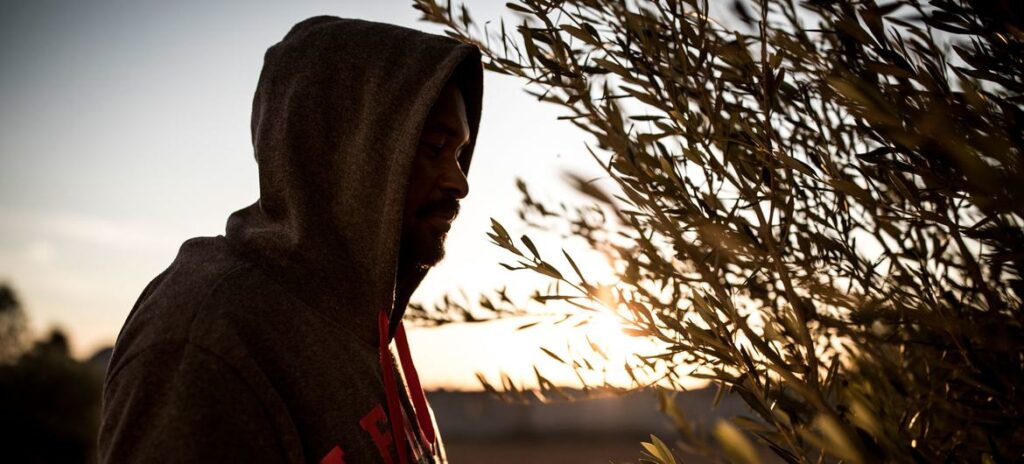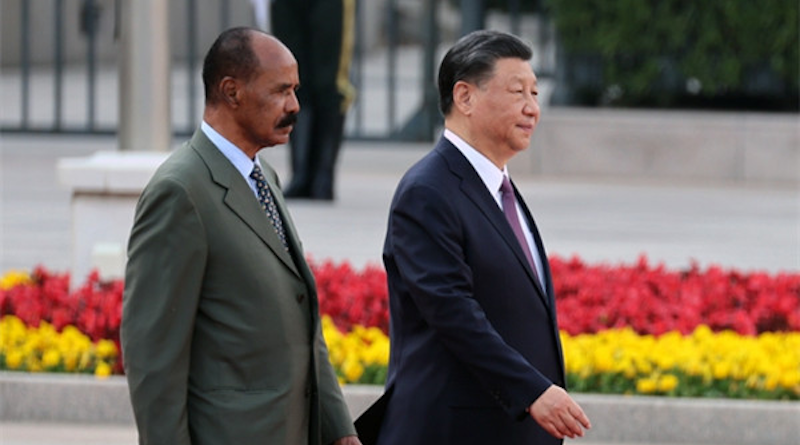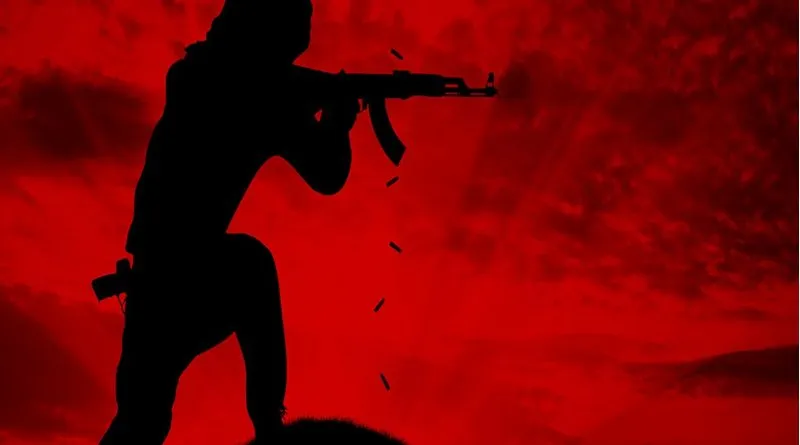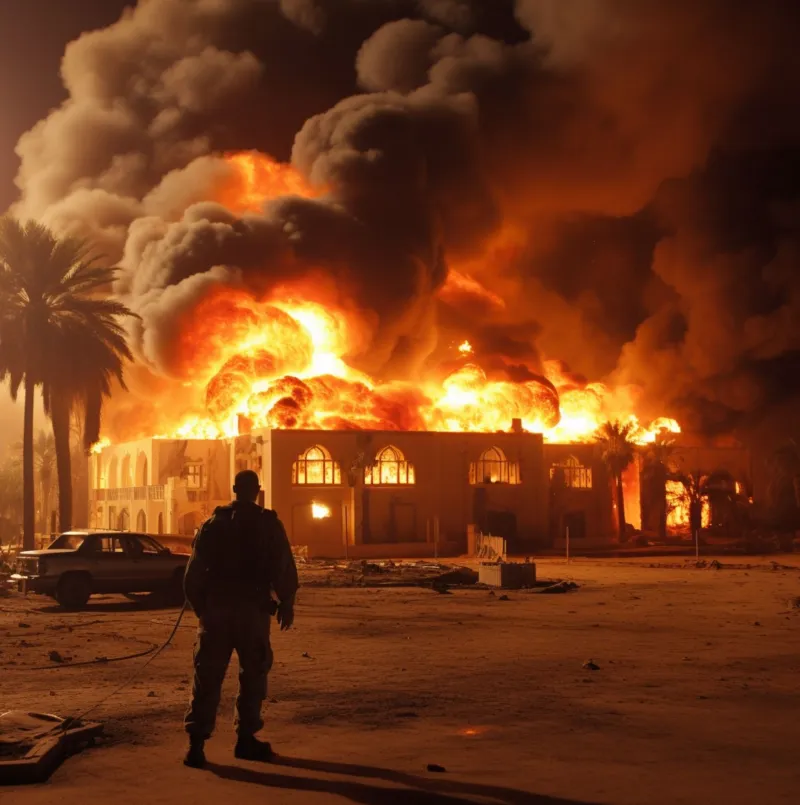Tunisie : il faut aider les réfugiés et migrants bloqués dans le désert (ONU)

Deux agences onusiennes ont exprimé leur préoccupation concernant la sécurité et le bien-être de centaines de migrants, réfugiés et demandeurs d’asile en Tunisie, qui restent bloqués dans des conditions désastreuses après leur éloignement vers des zones reculées et désolées près des frontières du pays avec la Libye et l’Algérie.









